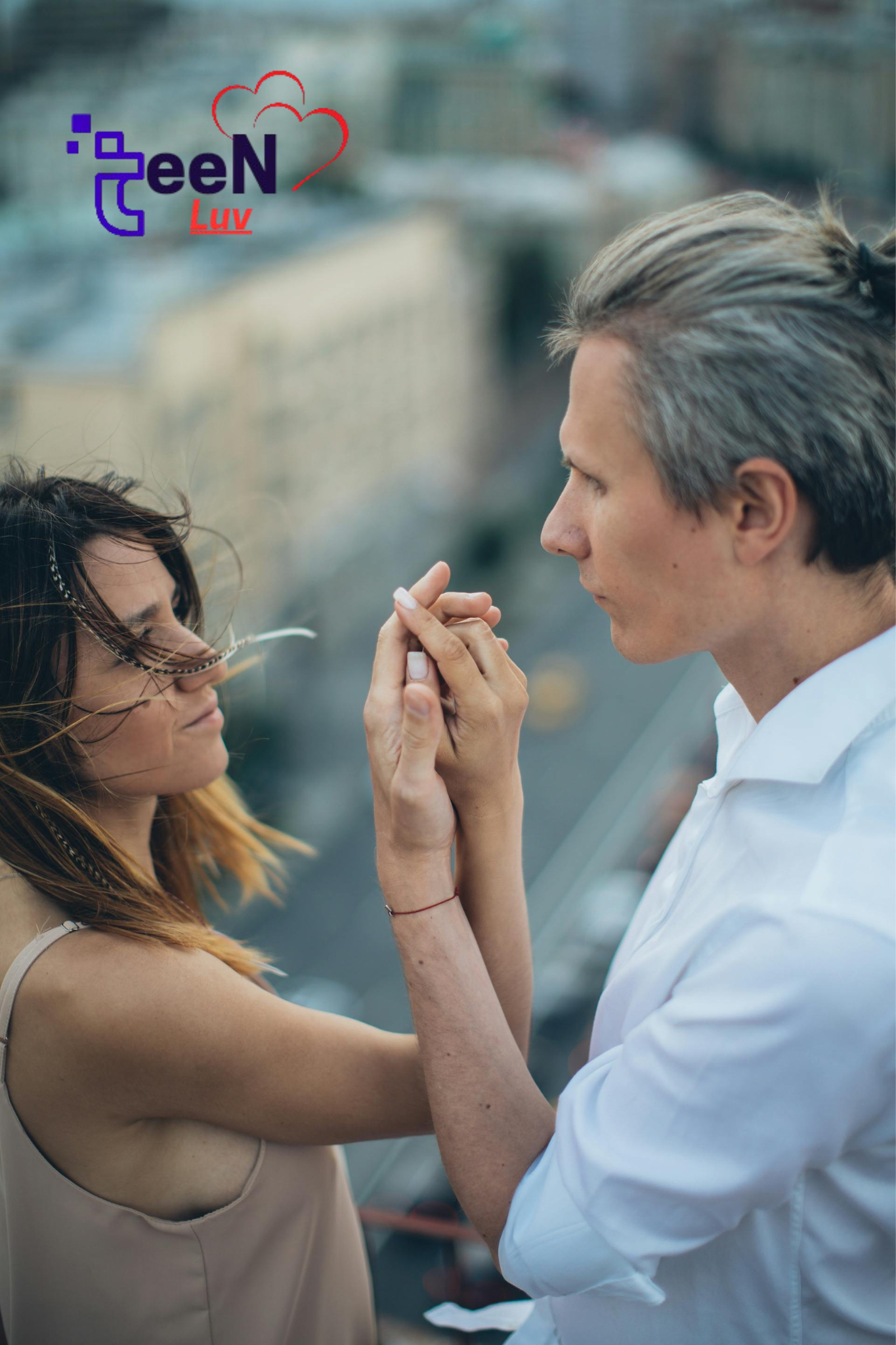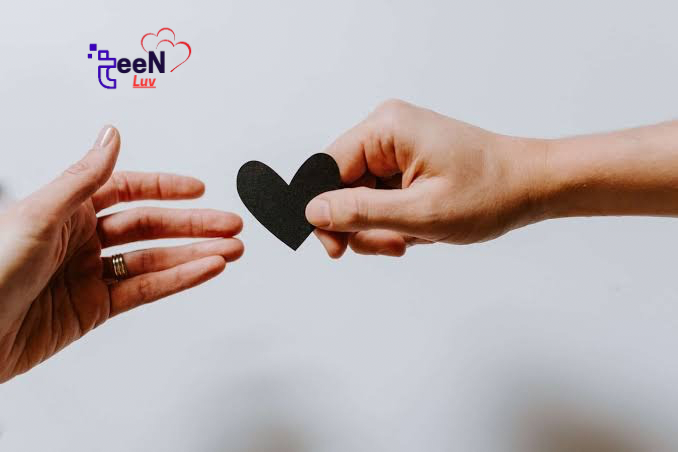
How Powerful Is Listening And Hearing When In A Relationship :
In today’s fast-paced world, truly connecting with others can feel like a lost art. With constant distractions from technology and social media, it’s easy to get caught up in our own thoughts and forget to truly listen to those around us. Yet, the foundation of any strong relationship – romantic, familial, platonic, or professional – relies on the simple yet powerful acts of listening and hearing.
These two terms are often used interchangeably, but they represent distinct processes that are essential for building emotional intimacy, trust, and longevity. Research from psychology, neuroscience, and relationship therapy consistently shows that couples who excel in active listening report higher satisfaction levels, lower conflict rates, and greater resilience during crises.
So, what’s the difference between listening and hearing? Hearing is a passive process where we simply detect sound waves and process them into recognizable patterns. It’s an automatic response, like breathing. Listening, on the other hand, is an active engagement that requires intent, focus, and empathy. It’s not just about registering words, but also interpreting the emotions, context, and unspoken messages behind them.
When we truly listen to someone, we pick up on subtle cues that might otherwise go unnoticed. We sense the emotions beneath the surface and respond in a way that’s empathetic and understanding. This is where the magic happens, and relationships start to flourish.
Studies have shown that feeling heard and understood is a fundamental human need. When we’re listened to, we feel validated, seen, and heard. This builds trust, intimacy, and a deeper connection with our partner. On the other hand, when we’re not listened to, resentment and conflict can arise.
The consequences of not listening can be severe. Unresolved conflicts and unmet emotional needs can lead to feelings of isolation, disconnection, and even depression. In romantic relationships, a lack of listening can lead to a decline in intimacy and satisfaction, ultimately threatening the very foundation of the relationship.
So, how can we cultivate genuine listening in our relationships? It starts with presence and mindfulness. In a world where distractions are constant, it’s essential to prioritize focus and attention. Reflective listening is also key, where we paraphrase what we’ve heard to ensure understanding. Nonverbal cues like maintaining eye contact and open body language also play a crucial role.
Technology can be both a help and a hindrance. While apps and tools can guide us in practicing listening exercises, excessive screen time can actually decrease face-to-face interactions and hinder our ability to truly connect with others.
Ultimately, listening and hearing are skills that take practice and effort to develop. By prioritizing these essential acts, we can transform our relationships from transactional exchanges into profound partnerships. As Paul Tillich once said, “The first duty of love is to listen.”
In addition to the benefits mentioned earlier, listening can also have a positive impact on our physical and mental health. Research has shown that people who feel heard and understood have lower blood pressure, a stronger immune system, and a reduced risk of chronic diseases like heart disease and diabetes.
Listening can also have a profound impact on our personal and professional lives. In the workplace, active listening can lead to better collaboration, increased productivity, and more effective conflict resolution. In our personal lives, it can lead to deeper, more meaningful relationships and a greater sense of connection and belonging.
So, how can we put these principles into practice? Here are a few tips:
1: Make eye contact and maintain an open posture when engaging with others
2: Avoid interrupting or dismissing others’ feelings
3: Practice reflective listening by paraphrasing what you’ve heard
4: Ask open-ended questions to encourage deeper conversation
5: Prioritize face-to-face interactions over screen time
6: Seek out feedback and be willing to learn from others
By incorporating these habits into our daily lives, we can become better listeners and build stronger, more meaningful relationships. It’s not always easy, but the rewards are well worth the effort.
CONCLUSION
listening and hearing are essential components of any healthy relationship. By prioritizing these acts, we can build trust, intimacy, and deeper connections with others. It’s a skill that takes practice, but the benefits are well worth the effort. As we navigate the complexities of modern life, let’s remember the importance of truly listening to those around us. By doing so, we can create a more compassionate, empathetic, and connected world – one conversation at a time.




